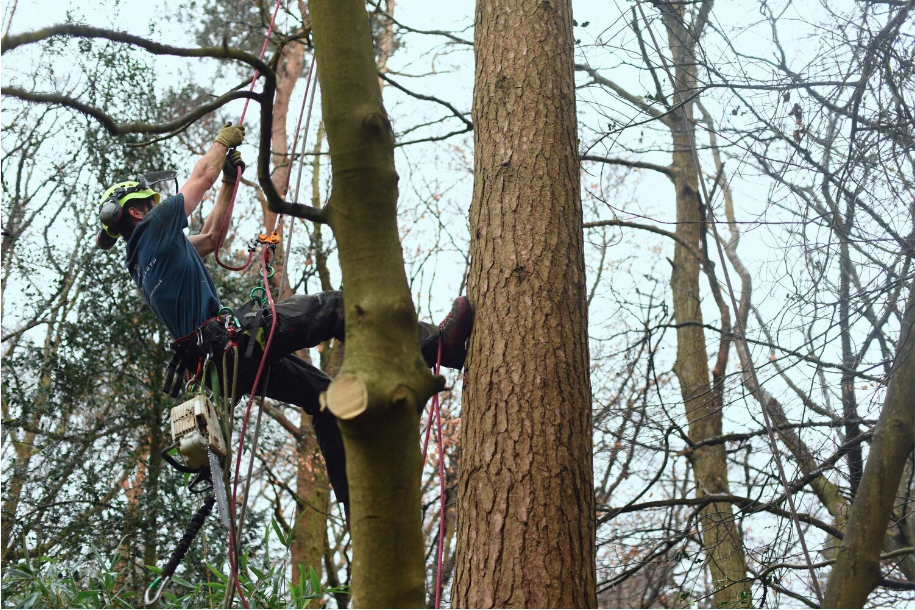Do I Need a License in the UK to Use a Chainsaw at Work? - The DTE Academy
Over the years we have been asked this exact question, or variations of it, hundreds of times: do I need a licence to operate a chainsaw? Many interesting jobs, especially those in the forestry industry, require candidates to be proficient in the operation of a chainsaw but do they, in fact, require you to hold a valid chainsaw licence? The simple answer to this is no, they do not. At the time of writing, there is no such thing as a chainsaw licence in the United Kingdom. However, this doesn’t mean that just anybody can walk into a job where chainsaws are used on a regular basis. Although we don’t have chainsaw licences in the UK, we do have laws covering the use of chainsaws in the workplace.
The Laws Regarding Chainsaw Operation at Work in the UK
If you are applying for, or thinking about applying for, a job that requires you to operate a chainsaw, you are going to need two things before you can legally do the work in question:
Training – Studies have shown most fatal and serious accidents involving chainsaws are a result of not following best practices and trying to take shortcuts instead. As a result of these studies, laws were introduced in the UK stating that all chainsaw operators must have received adequate training (with a focus on the type of work they are performing).
Protective Clothing – The laws also state that operators must be wearing appropriate personal protective equipment (PPE) whenever they are actually using a chainsaw. PPE required to operate a chainsaw at work in the UK includes a helmet, hearing protection, eye protection, gloves and boots. You should also be wearing leg/groin protection and clothes that are designed not to snag.
With good-quality protective clothing and training from an accredited and experienced service provider, you will be ready to apply for positions that require candidates to possess a good theoretical and practical knowledge of safe chainsaw operation.
Chainsaw Safety 101: Getting a Head Start
Having answered the question, “Do you need a chainsaw licence” and explained what you actually do need, you might think we have covered everything already. However, if you would like to get a head start on your chainsaw course, we recommend spending a few minutes studying the safety tips we have gathered together for you:
Only Use Chainsaws That You Have Been Trained On – If you come across a different type of chainsaw in the course of your work, with an unfamiliar control layout, we strongly urge you not to use it until you have received appropriate training. By only using saws with which you are already familiar, you can help to minimise the chance of chainsaw accidents in the workplace.
Only Use Chainsaws in Well Ventilated Spaces – Most commercial chainsaws feature powerful petrol motors that make them suitable for all types of heavy work. For this reason, it is of vital importance to ensure you only ever use them in well-ventilated areas. Using a chainsaw in a poorly ventilated area could lead to you being overcome by the exhaust fumes.
Always Ask Questions if Unsure – If you’re assigned a task that requires you to use a chainsaw and you’re unsure about any of the instructions, ask for clarification. Some apprentices are reticent to query the assignments they are given, perhaps because they want to show their employers that they already know what they are doing and are therefore a valuable member of the team. However, this is a mistake and will not help you to make a good impression, especially if things should go wrong.
By following the above safety tips, along with those that you learn during your training, you should be able to avoid making dangerous mistakes when operating a chainsaw.
If you are interested in a more complete answer to the question, “Do you need a chainsaw license?”, or in taking chainsaw training with an accredited training provider, please do not hesitate to call or message us right now. We offer a selection of courses that have been designed and created especially for tree surgery professionals in the United Kingdom.

